How did pirates become such beloved characters?
The idea of travelling across the ocean and living a life full of adventure is an amazing fantasy, especially for those of us with a strong case of wanderlust. This idealised view is often shown in fiction through pirates. Whether it’s The Goonies, Peter Pan, Treasure Island or Pirates of the Caribbean, all of them show pirates as fearless adventurers and loveable rogues.
However in real life, this group of people were criminals who you would never want to encounter. There should be no affection or idolisation held for them, unlike their fictional counterparts.
So, how did pirates become such beloved characters?
Initially, this started back in the eighteenth century when biographies and recollections of the battles that these marauders fought were published to the public.
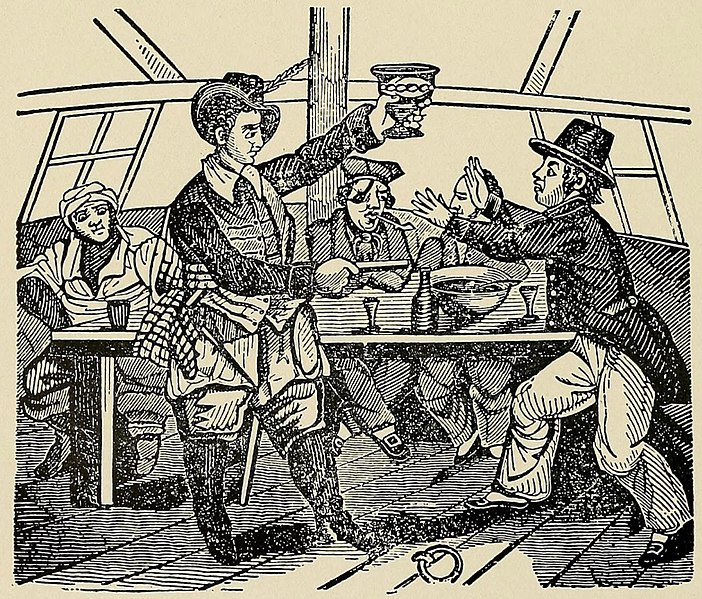
This happened just before the end of the Golden age of piracy, a time when robberies involving pirates were at an all time high. Some famous examples of pirates like Calico Jack or Blackbeard were very active during this era.
And for the general public to have written, detailed exploits of people who they had only heard about in whispers made these books instant bestsellers.
Pirates then became common in fiction and as these tales of swash bucklers, and their action packed tales showed up more and more in bookstores, their image in publications changed from being described recollections to that of an actual fictional character. One who was usually morally ambiguous and whom the reader could empathise with.
It was then from this point on that pirates were cemented, at times, as lovable rouges in writing.
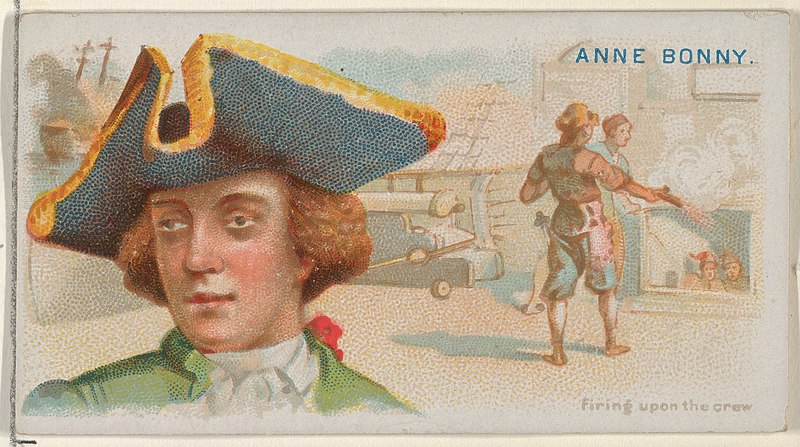
But the main reason for why they continue to be regarded this way is because of the influence of the historical period for when this character was born into the literary world.
The century started with the Golden age of piracy and ended with the Romantic era, where many authors wrote of new ideas and rejected the traditional ideals of the enlightenment period.
Some of these new ideas related to complex moralities and a strong belief that nature was a source of positive emotions. In which, these ideals parallel a lot with the fictional life of a pirate, as one who lives on the sea and by their own moral code. This rebellion against the norm is deep rooted in the archetype of the buccaneer, and is something that can be universally understood by the average reader even in the modern day.
In the end, much like the allure for cowboys, space travel and deep-sea diving, being a pirate is a fantasy that indulges us in the possibility of doing incredible feats and triumphing over the unknown.
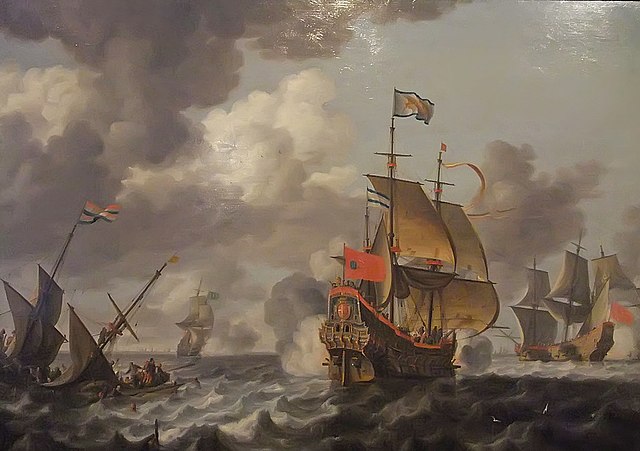

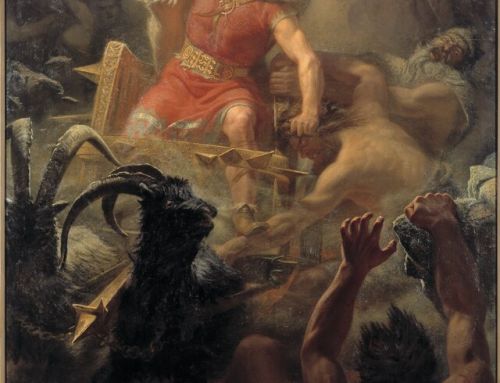

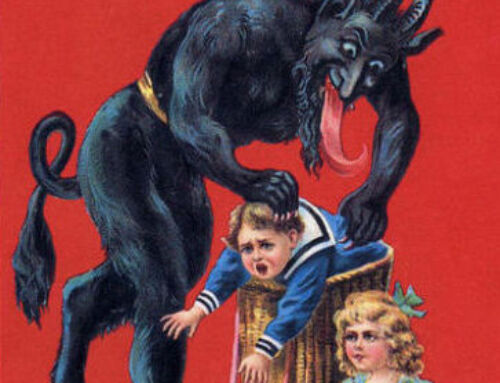

Leave A Comment